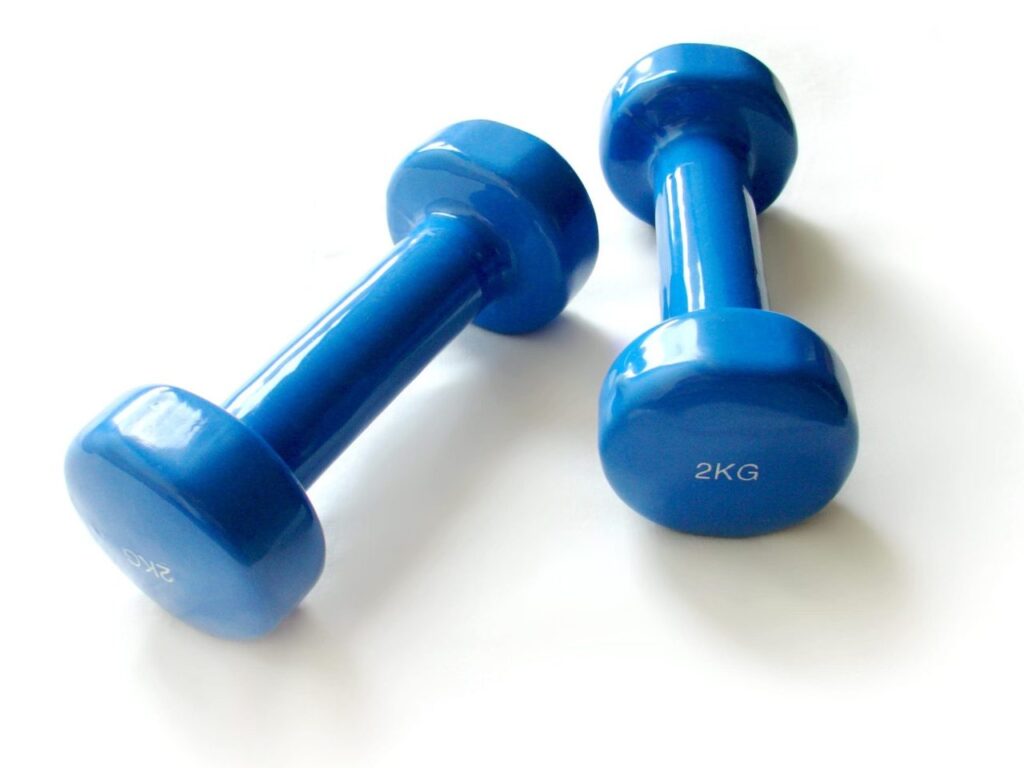Self-Care Sundays: Changing Narratives in Women’s Health Media

Image via FreeImages.com/Alen Stojanac
By Laura Cipullo, RD, CDE, CEDRD
Every month, women read magazines to learn how to eat healthy and see what the most effective and fun workouts are. What they don’t look for — but frequently find anyway — are articles that make them feel bad about themselves, articles that pressure them to fit a narrow and false standard of beauty.
In late December, Women’s Health magazine — the magazine I created the Body Clock Diet for — decided to stop using the phrases “bikini body” and “drop two sizes” in their publication.
Amy Keller Laird, Women’s Health magazine editor-in-chief, took this step after reviewing the responses of a reader survey which revealed that those two phrases had to go and that women could relate better to adjectives like “toned,” “strong” and “sexy.” Laird went even further by acknowledging that “drop two sizes” was a phrase that, if followed, could lead to negative consequences:
“Yes, it’s true that many of us are looking to drop a few pounds—surveys and studies prove as much. But two sizes in one month? Not super practical, or even all that healthy.”
Laird told racked.com that this move “marks an evolution in the way women are thinking about health and fitness — that being healthy shouldn’t only, or even mostly, be judged based on size.”
I was so thrilled when I heard Women’s Health magazine was making this decision, and it made me even prouder to be associated with them. It seems like such a simple concept to understand — that the size of a woman’s body does not correspond to how healthy or unhealthy she is — but it’s one that a huge majority of the public and the media have trouble understanding.
(For more about this myth and how inaccurate it is, see this blog post by neuroscientist and science writer Sandra Amodt.)
The myth, perpetrated by so many in the medical community, says that low weight equals health, so the public believes it, and the public then buys magazines that promote that because they want to learn how to be “healthy.” And then those magazines make women feel even worse about themselves, and on and on in a vicious cycle. It only leads to self-hatred and that isn’t helping women get healthier. But the audience for Women’s Health magazine is smart, and because they spoke up, and because Laird listened, Women’s Health is now part of a body-positive revolution that has spread throughout women’s media, at sites like Fit Bottomed Girls and Yahoo Health.
The article at Racked noted how the website Fit Bottomed Girls was developed to counteract the negative messages dished out by other women’s magazines.
“No one at the time was over-the-top saying to women, ‘You are more than the number on the scale,’” Jennipher Walters, a co-founder of Fit Bottomed Girls told the site. “We wanted to be that voice and we wanted to make being healthy and being fit not something that was born out of a need to change or that it has to be terrible and full of deprivation and you have to diet. Basically, it was like, you can’t hate yourself healthy.”
Racked also quoted Yahoo Health editor in chief Michele Promaulayko as saying she tries not to include the word “skinny” in her site’s articles.
Well + Good is another site that doesn’t aim to make its readers feel bad. Their founder, Alexia Brue, sees weight loss as “a by-product but certainly not the goal. It was nothing that we wanted to talk about because feeling great and feeling alive and feeling healthy — that’s exciting. It didn’t seem like a good way to do it, saying that we work out because we want to lose weight. We work out because places like SoulCycle made working out really fun,” she told Racked.
How can you be a part of this body-positive revolution? Make your voice heard. When a magazine does something right in the name of body-positivity, applaud them for it, whether on social media or in an email. And when they don’t, make your voice heard with your wallet. Don’t buy their magazine. Don’t subscribe online. Don’t click on their articles. Ultimately, magazines listen to their readers and if more readers demand body-positivity, more magazines are going to start coming on board.


